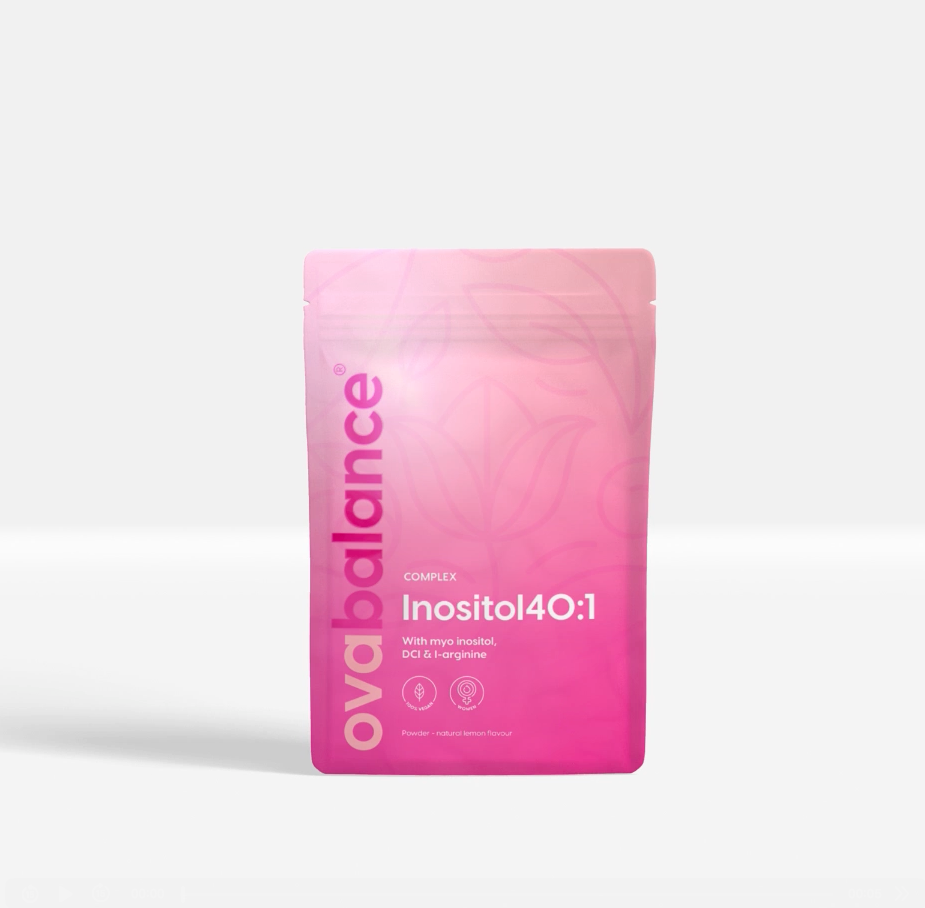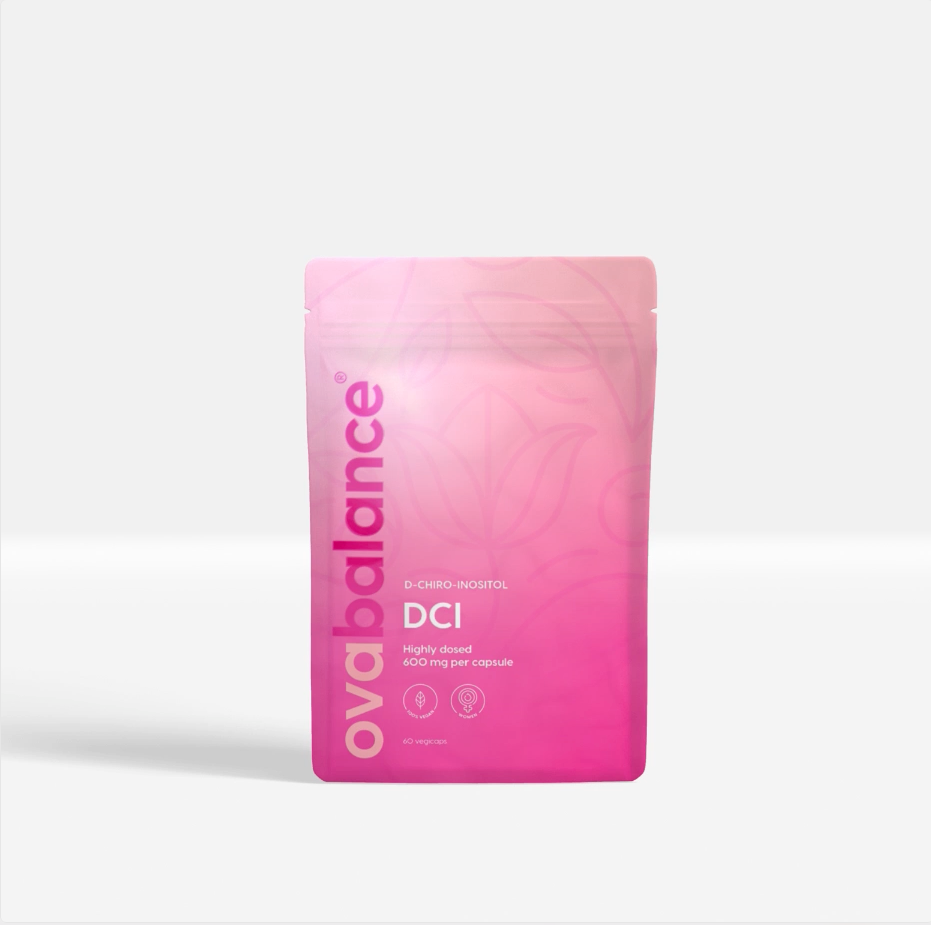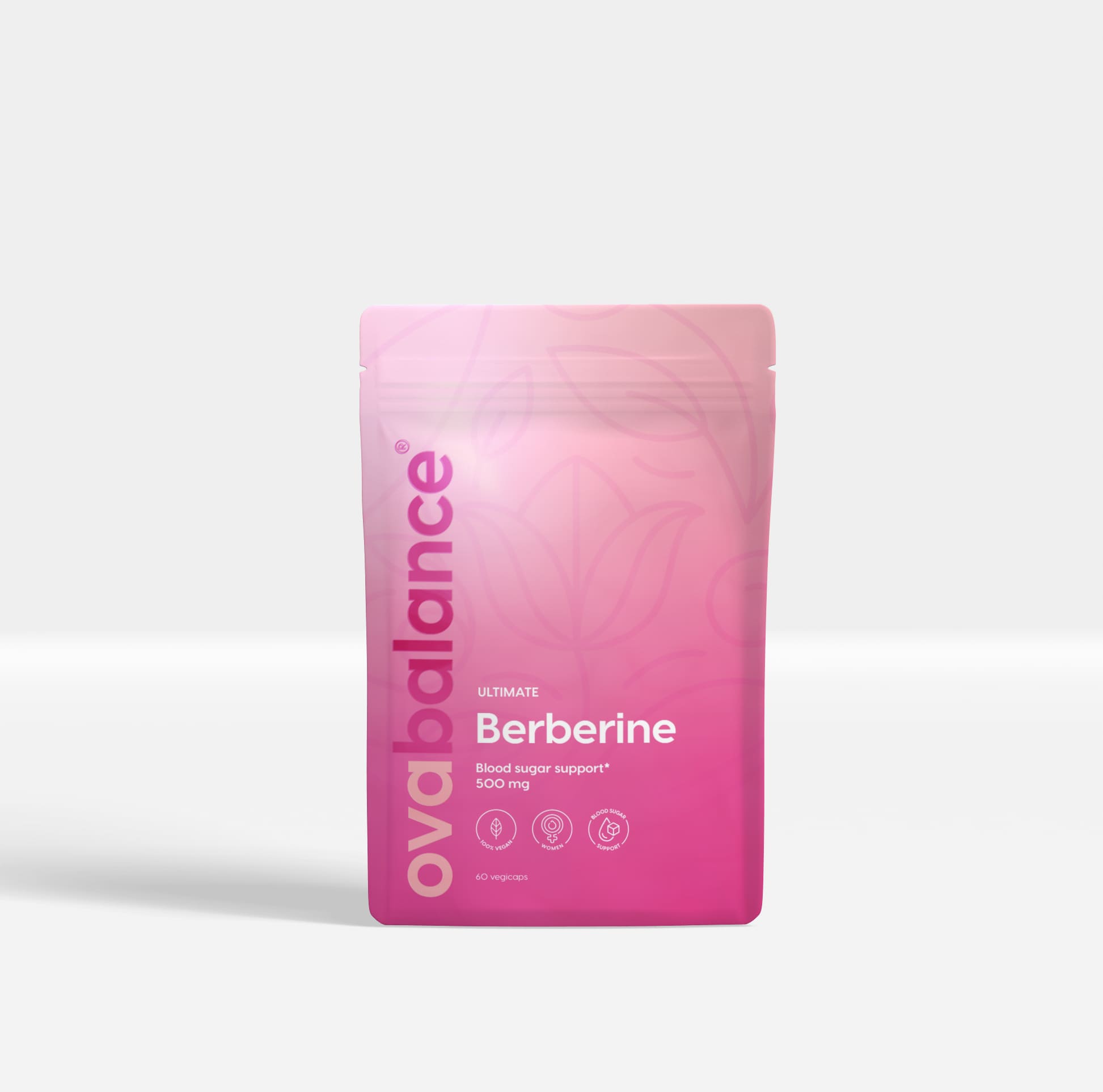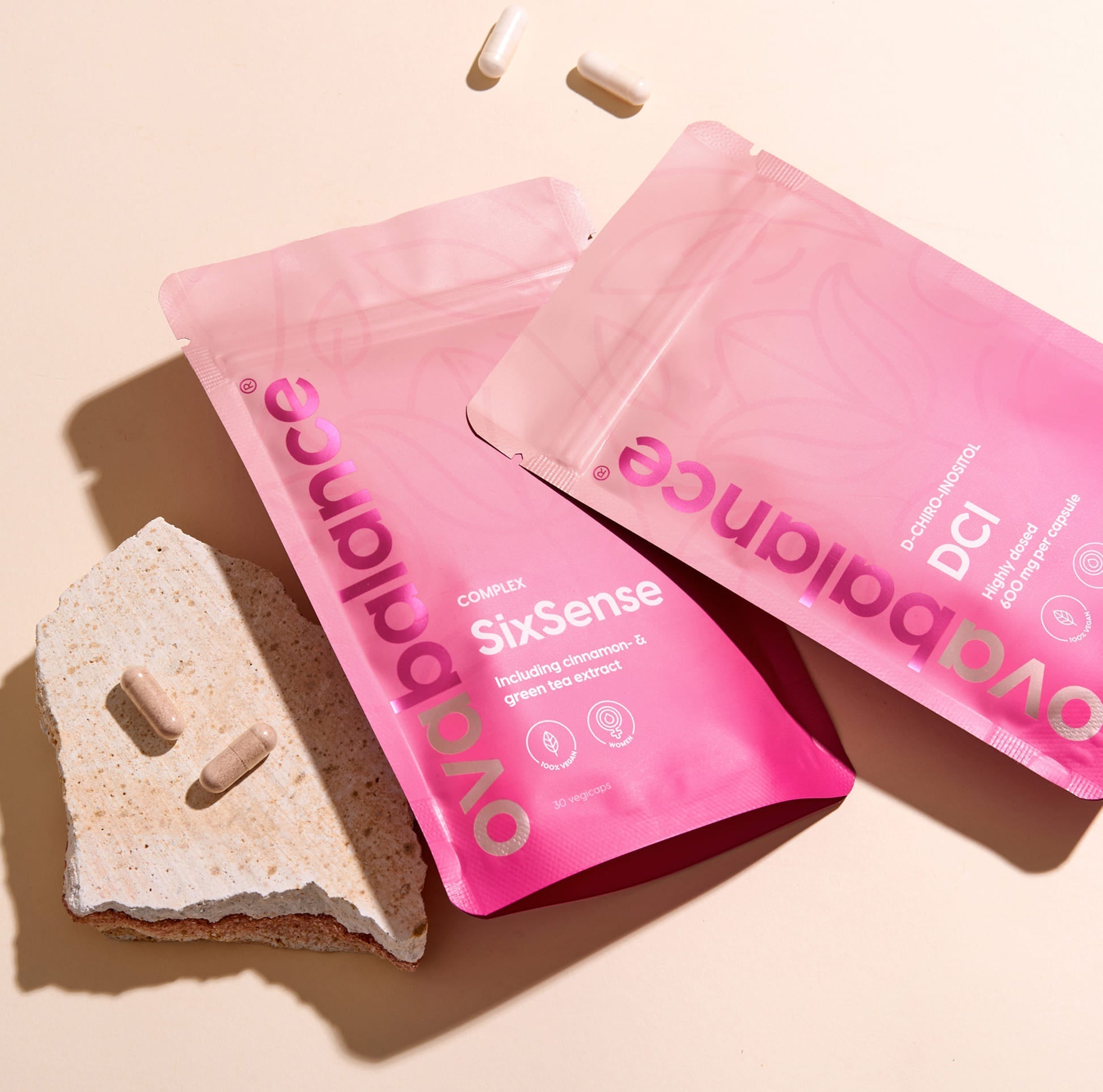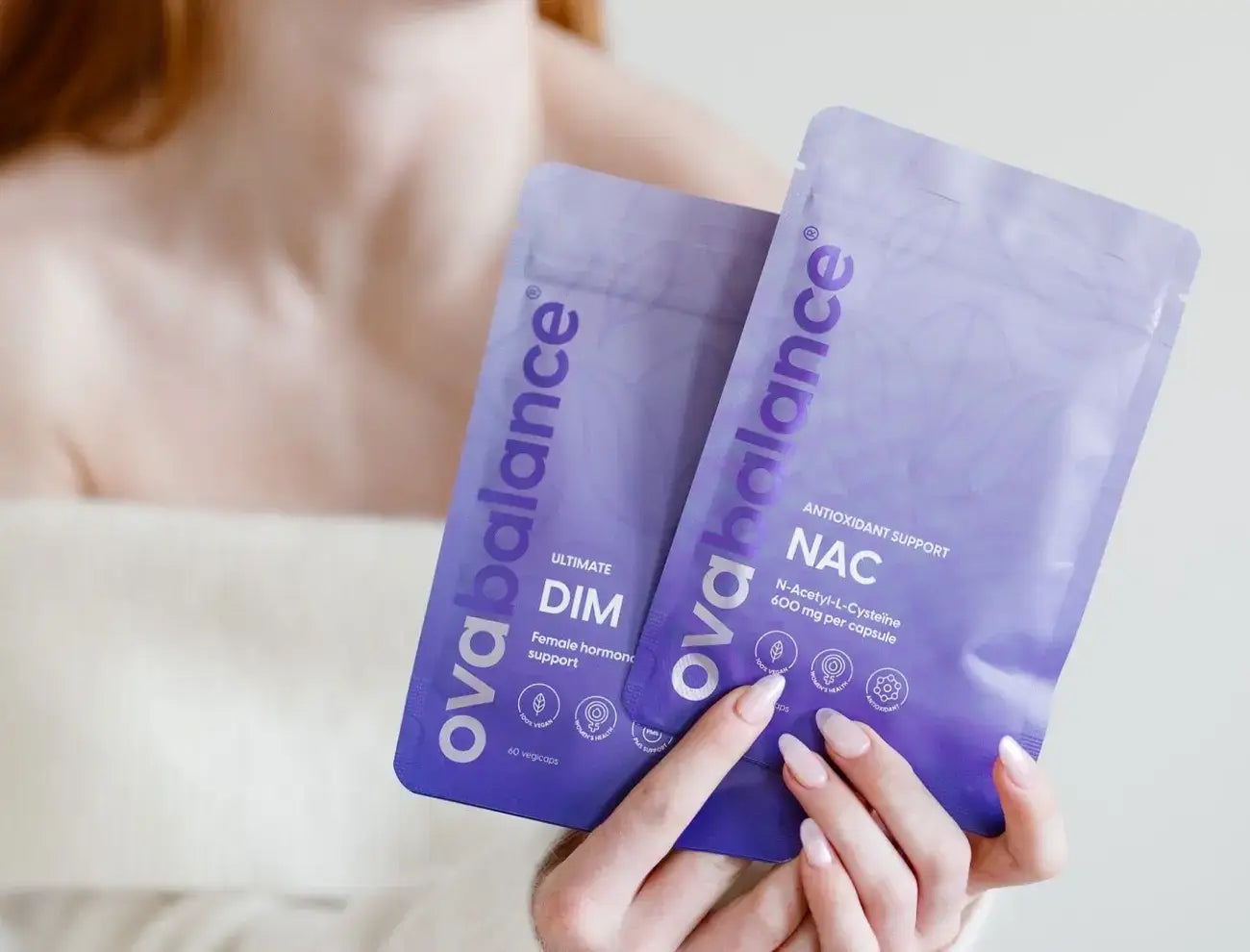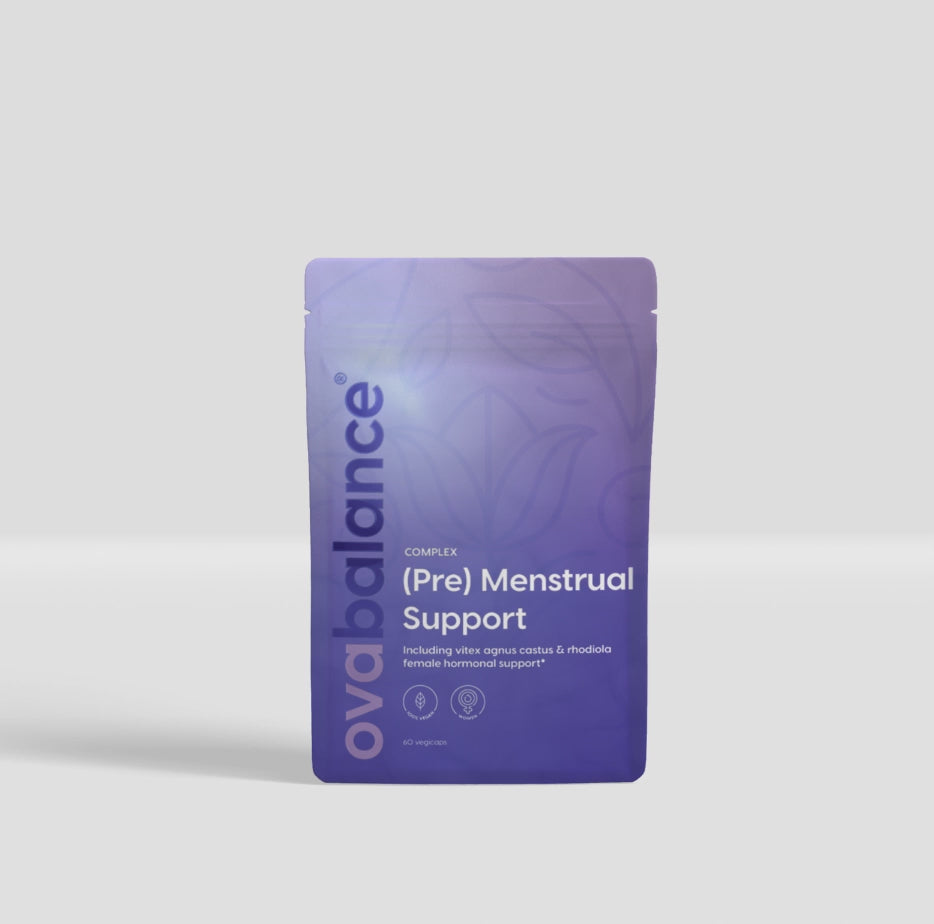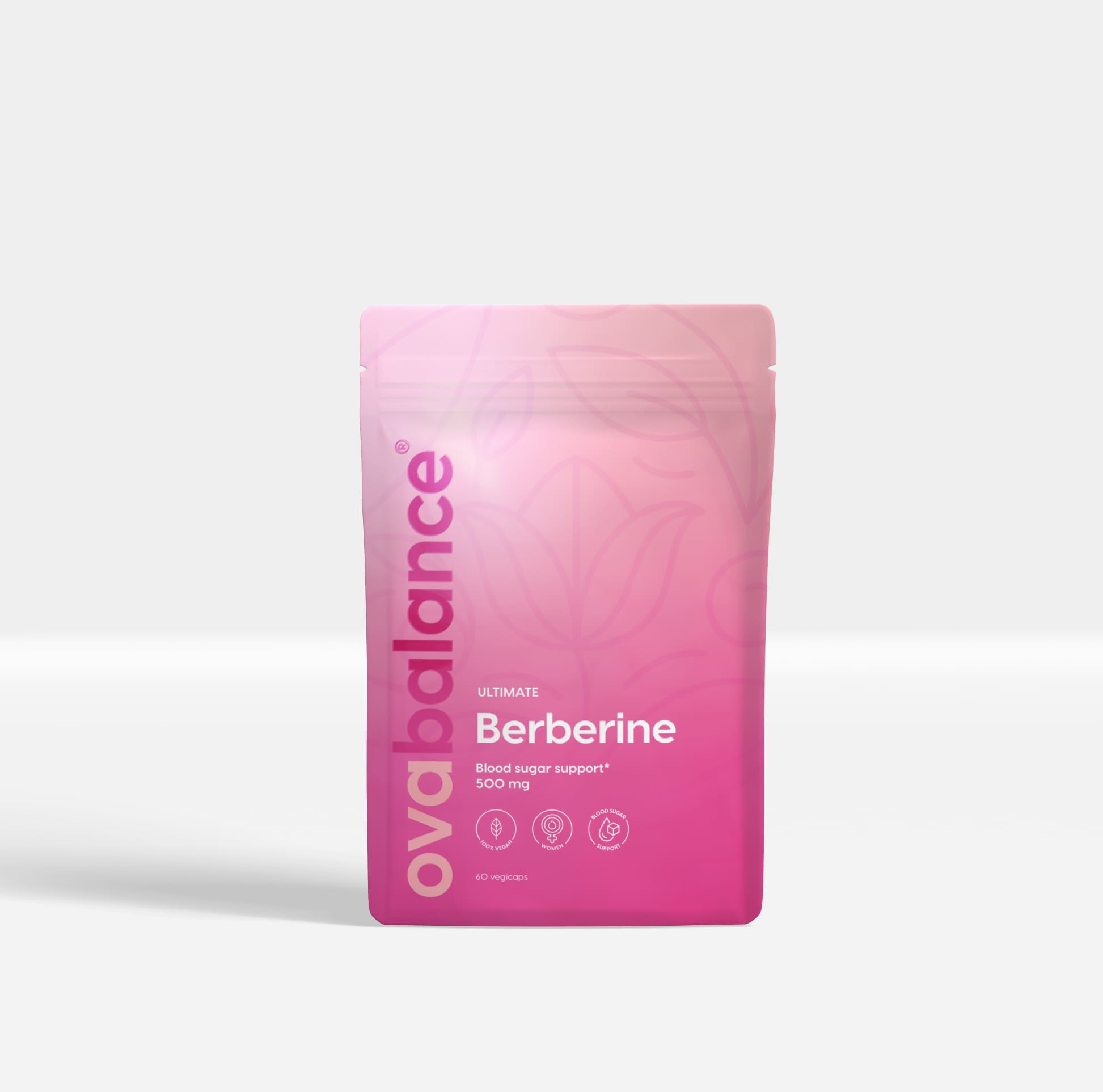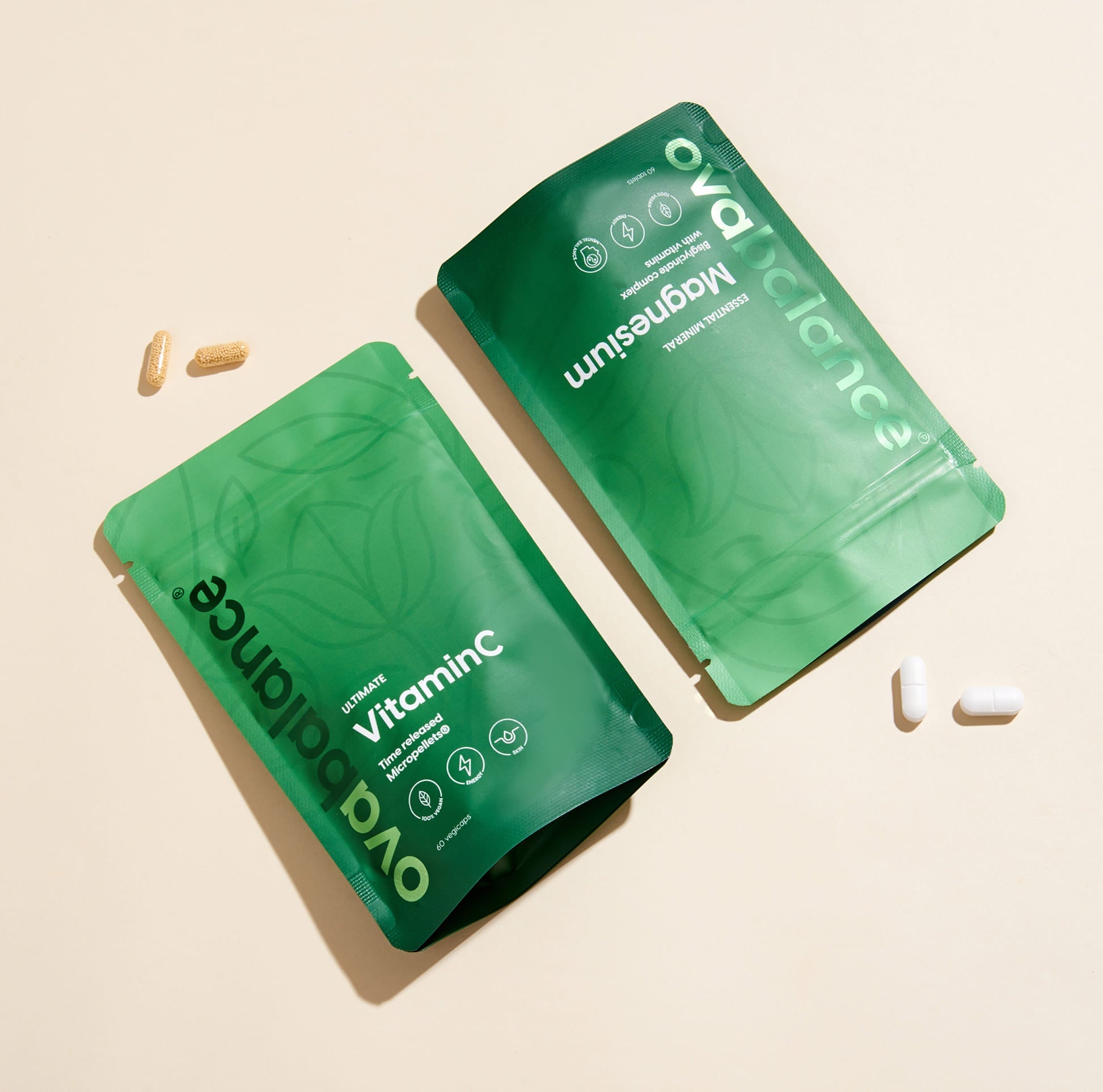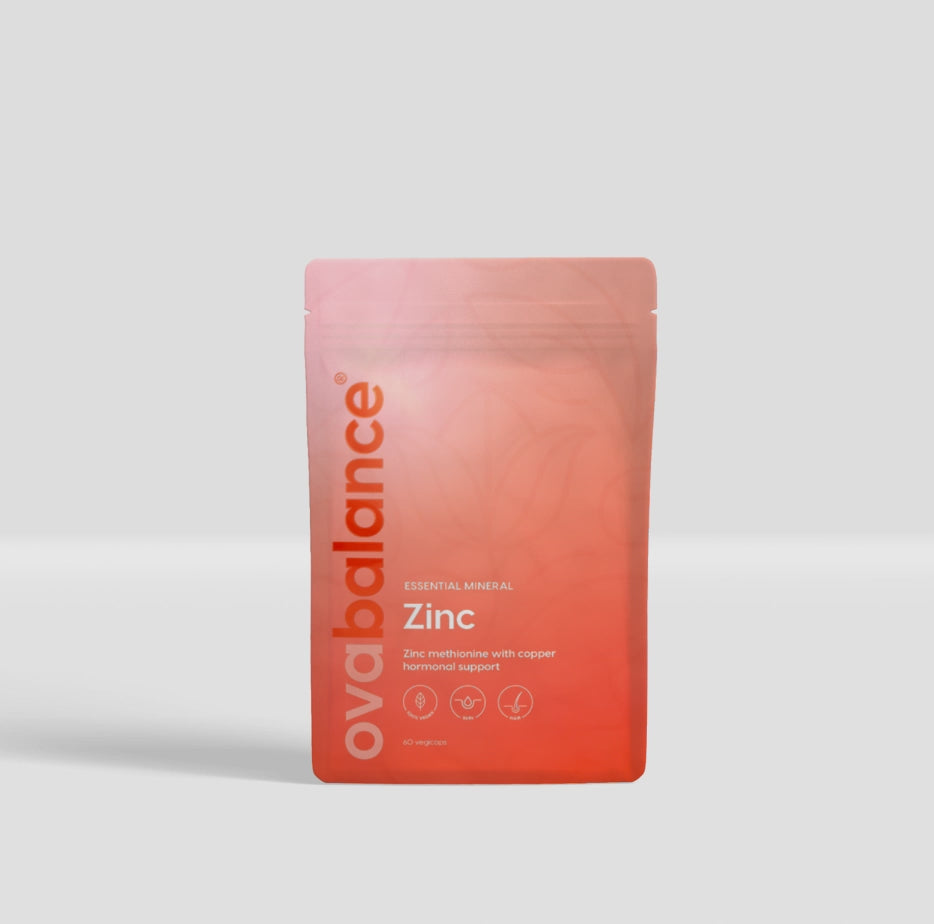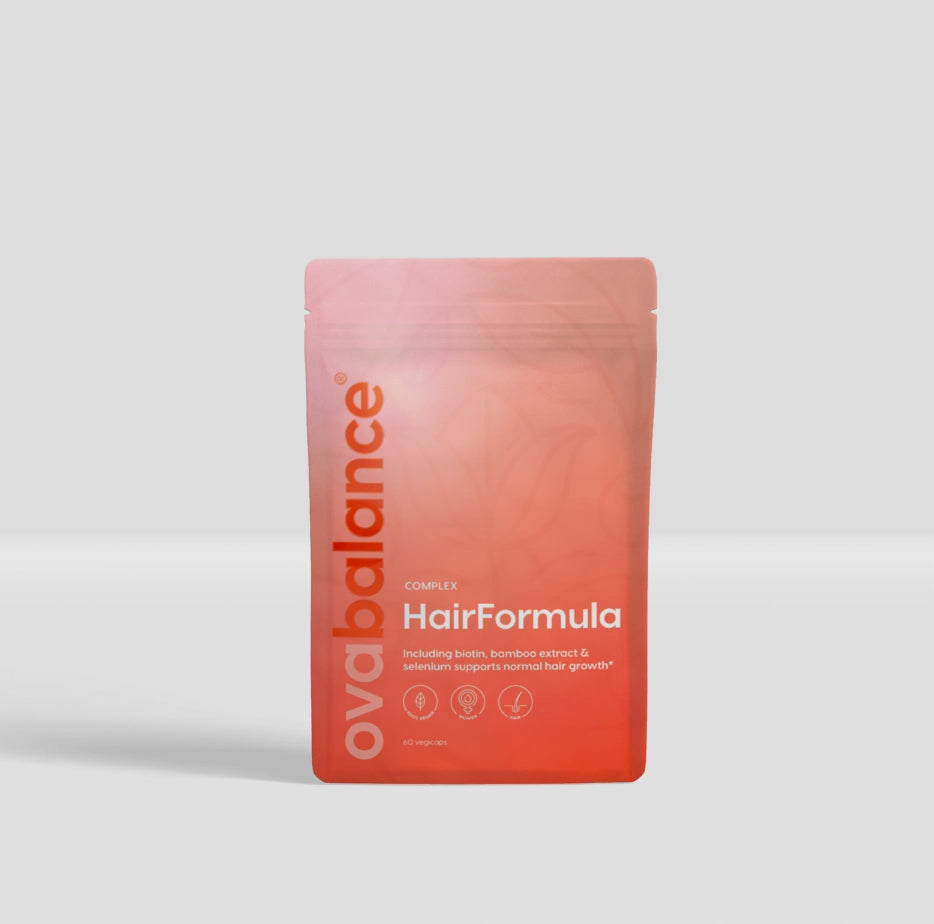

Fed up with stress, but no idea where to start? Everyone tells you to relax, but how do you do that and how do you effectively combat stress? In this article we will explain everything about stress, the stress hormone cortisol and reducing stress. So grab a cup of tea, relax, and read on!
Contents
Women and Stress: Many Roles, Many Tasks, Many Stress
You have to work today, but also do the laundry, clean the kitchen and finally get that mop through your house again. But hey, it's already time to pick up the kids and actually your mother, grandma or aunt is also waiting for a visit from you.
It is not at all strange that life can be a bit much at times. As women, we now have many different roles: that of daughter, friend, wife, mother, employee, volunteer, colleague and/or perhaps even informal caregiver. It makes our existence busy because many tasks are waiting for you.
How full is your plate?
While you are busy trying to please everyone around you and fulfilling all your roles as best as possible, you sometimes forget yourself. Your plate is too full and the stress is boiling out of the pan. At such moments it is important to realize that you should not forget yourself either. Just think of the safety instructions on the plane: you put on that safety mask first, because otherwise you cannot help anyone else either.
This is how it works in everyday life: no one can use you if you are slumped by stress. Unfortunately, many women only take time for themselves when they feel that the stress is already too much for them. Be ahead of that and take your relaxation in time, as a counterpart to the stressful moments that you experience in your daily life.
In this article we dive deeper into stress. What is stress? And which hormone plays an important role in it? And more importantly: how do you get stress and your stress hormones under control .
What is stress?
Stress is a reaction of your body. It is very normal and natural that stress reactions occur, for example when things are demanded of you, when you are busy or when changes occur in your life. Stress enables you mentally and physically to deal with threats or major challenges in life. In essence, stress is meant to protect you.

Healthy stress
When you get stressed, your body activates a 'fight or flight' response, releasing hormones such as cortisol and adrenaline. These hormones ensure that you are able to react quickly to the situation: your heart rate increases, your breathing becomes faster and your senses are on edge. In the short term, such a stress response is of course quite useful, for example if you have to take an exam. Then you can use all your focus and sharpness. What you don't want is to go overboard or for the stressful moments to seem to keep coming back into your life.
It is therefore crucial that you find your method to keep stress under control and that you develop a healthy way to deal with stressful situations.
What is the stress hormone Cortisol?
Cortisol is also called the 'stress hormone'. It is one of those hormones that can make a big difference in how you feel. The adrenal glands are responsible for producing cortisol.
Not only stress is regulated by cortisol. The hormone also plays a crucial role in several other bodily functions, including your immune system, blood pressure and even your sleep-wake cycle. Although you may associate it with your stress symptoms, cortisol is not necessarily a bad substance. It is also important for your body. Moreover, it helps your body to cope with stressful situations.
A healthy cortisol level
If you suffer from stress every now and then, that is not bad at all. It is part of life. Your cortisol levels get the chance to drop back to normal levels. That is why it is so important to ensure that stressful situations in your life alternate with relaxation. So that you do not end up in longer-term stress.
What causes stress?
Stress comes from various things and not just at work. It is good to realize that. There can also be a lot on your plate at home and you may have a mental to-do list of three A4 pages in your head. Worries about your children, your old grandmother or perhaps your financial situation play a role. But perfectionism or anxiety complaints also put a lot of pressure on your stress system.
What can I do about stress and too much cortisol?
Lifestyle changes often have a major impact on the amount of stress you experience.
- Nutrition : Healthy eating is good for your body and also your cortisol levels. Eat plenty of vegetables, fruits, whole grains and healthy fats. And try to avoid caffeine and refined sugars as much as possible.
- Exercise : Regular exercise is not only good for your physical health. It also helps regulate stress. The website of the Brain Foundation states that about 56% of Dutch people do not exercise enough. This needs to change. Because moderately intensive sports or exercise not only reduces stress and improves your mood. It also makes you more creative, improves your sleep and your memory. [1]
- Sleep : Sufficient sleep is crucial for combating stress. You probably experience it yourself: if you have not slept enough, you are much more likely to have a short fuse. And stimuli are more likely to be too much for you. The result: stress in your body. So try to maintain a regular sleep pattern, with sufficient sleep every night. How much sleep is sufficient for you is personal. Most adults need 7-9 hours of sleep per night.
- Relaxation exercises : Exercises such as meditation, breathing exercises, yoga and mindfulness help manage stress.

Sports and stress
In principle, all forms of moderately intensive exercise are good for both body and mind. However, we will already mention a number of nice options for you:
- Yoga is a very nice form of exercise for many people, which offers relaxation in addition to exercise. A yoga class is often concluded with a relaxation exercise. There are many different forms of yoga.
- Walking : It sounds so easy… just take a walk. But it really works. Walking has been proven to be good for your psyche.
- Dancing : Dancing is a super fun outlet where you can get rid of a lot of emotions. The perfect workout for letting go of your stress.
Keep moving!
As you can see, all kinds of exercise help you reduce stress. Almost every sport does that, as long as you exercise moderately intensively. If you exercise too intensively, it can actually stress your body. It is more important to keep exercising. So don't go for more intensive and exhausting, but choose a form of exercise that you like and that is therefore easier to maintain.
Relaxation exercise for stress
There are several relaxation exercises that can help you with stress. Mindfulness and breathing exercises are powerful ways to relax. Here are two examples:
A breathing exercise
A mindfulness exercise
- Sit or lie down in a quiet place where you will not be distracted.
- Make sure you sit in a comfortable position and close your eyes.
- Breathe in calmly through your nose and out slowly through your mouth.
- Try to breathe into your belly. You will feel your belly expanding, not your chest.
- If necessary, place a hand on your stomach to feel it better.
- Do this for about 5 minutes, continuing to focus on your breathing as you gently let your thoughts pass by.
You see: it is actually very simple and you can apply it at different times of the day to regain your rest and reduce tension in your body.
Mindfulness helps you to be very consciously present in the moment. As a result of mindfulness exercises, you are also more aware of your thoughts and feelings and you recognize stress more quickly. A simple mindfulness exercise that you can do at any time is the following:
- Sit or lie down in a comfortable position and close your eyes. Focus on your breathing (it is helpful if you have practiced a breathing exercise like the one above a few times).
- Feel the air flowing in and out of your body. Cold air in, warmer air out.
- Bring your attention to the present moment: observe your thoughts, feelings and bodily sensations without judging them. Let them come and go. You don't have to do anything with them now.
- Expand your awareness a bit further: listen, smell, feel and notice what is happening around you. What do you hear, are there sounds outside? What do you smell? And what do you feel?
- If you notice your thoughts wandering from what is there at this moment, gently bring your attention back to your breathing.
- Are you feeling calm and peaceful? Then slowly open your eyes again.
Tip: There are a lot of great mindfulness meditations on YouTube. Spoken meditations that help you through the exercise. That can be very pleasant, especially if you are new to mindfulness.
Supplements for stressful situations
In addition to your healthy diet and good lifestyle choices, you could use a supplement to support you in the area of stressful situations. There are several nutrients that support your mental health. Folate, the active form of folic acid, is good for your state of mind and contributes to resistance to stress. In addition, it helps you to reduce tiredness and fatigue. And for example magnesium, vitamin B8 and B12, are beneficial for a good mental balance.
Also take a look at the Stress Advantage Bundle from Ovabalance. For a very complete set of supplements. The advantage bundle contains Magnesium Complex, VitaminB12, Zinc, VitaminC, VitaminD3 and Omega3 and is specially coordinated.

